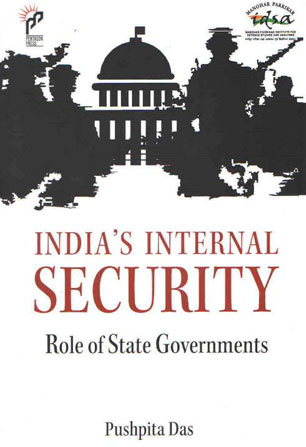Enlisting Myanmar’s help in tackling North East Guerrillas
Vice President Hamid Ansari’s four-day visit to Myanmar from February 5 to 8, 2009 was significant for business matters as India and Myanmar signed agreements with regard to Tata Motors setting up a truck manufacturing unit in Myanmar, cross-border transport, telecommunications, the establishment of English Language training Centre and Industrial Training Centre at Pakokku.
- Namrata Goswami
- February 18, 2009









